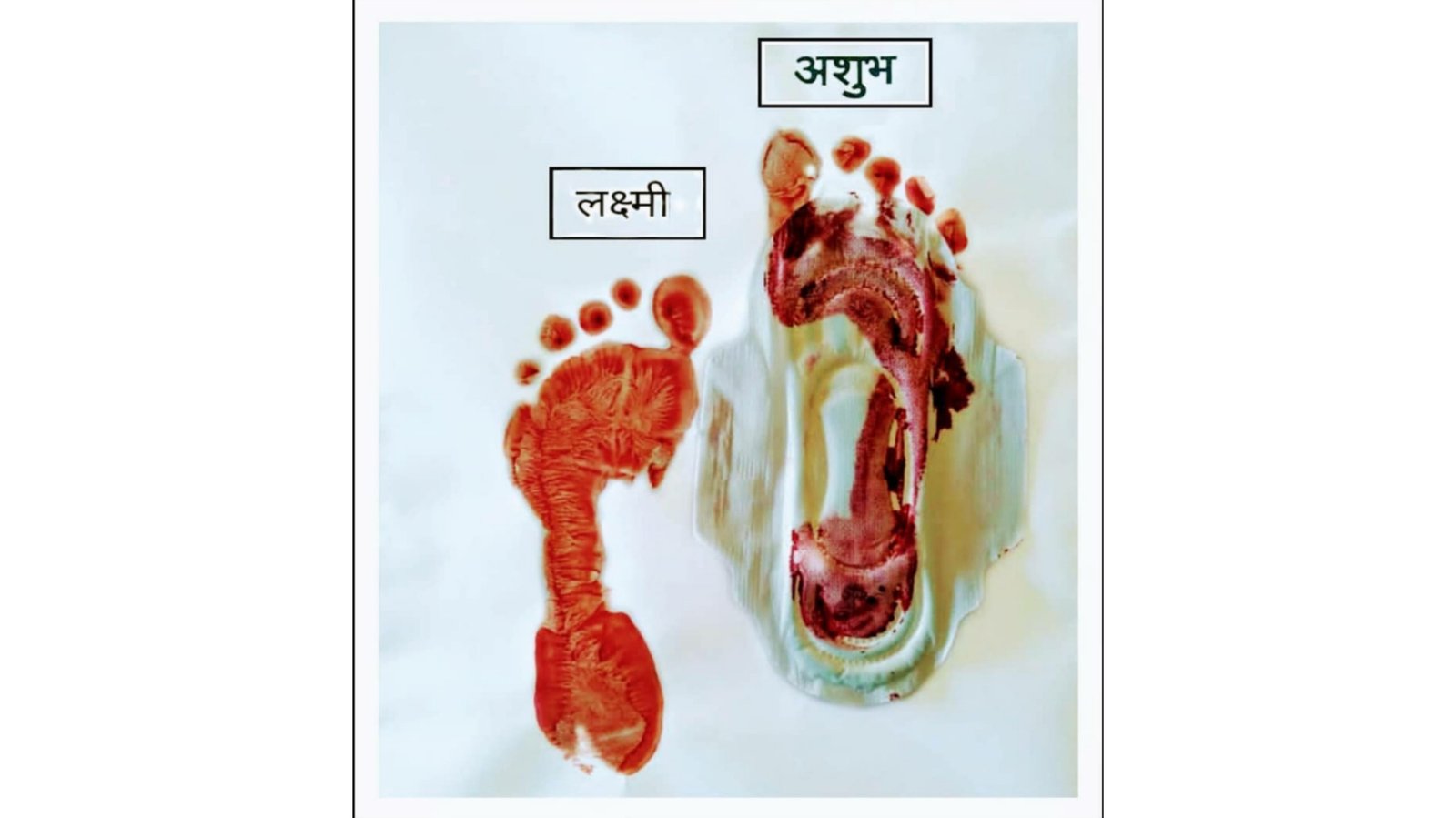Key points:
• A bench of Justices JB Pardiwala and Ilesh J Vora was hearing a PIL in connection with an incident wherein over 60 inmates of a hostel of Shree Sahjanand Girls Institute in Bhuj were reportedly forced to strip to “prove” they were not menstruating.
• “Menstruation has been stigmatised in our society. This has built up due to the traditional beliefs in the impurity of menstruating women and our unwillingness to discuss it normally,” the court observed.
• “Not entering the puja room is the major restriction among urban girls, whereas not entering the kitchen is the main restriction among rural girls during menstruation.
• Menstruating girls and women are also restricted from offering prayers and touching holy books,” the court said.
The Gujarat High Court has proposed to prohibit social removal of women on the basis of their menstrual status at all places, including private, public, religious and educational. It proposed rules for the state government to end the taboo.
The high court has seek the state and the central governments’ views and also asked them to sensitise people against perpetuating biases against women.
A bench of Justices JB Pardiwala and Ilesh J Vora was hearing a PIL in connection with an incident wherein over 60 inmates of a hostel of Shree Sahjanand Girls Institute in Bhuj were reportedly forced to strip to “prove” they were not menstruating.
It was reported that 68 undergraduate girls were paraded through the college to the restroom and forced to remove their undergarments to prove they were not menstruating.
The incident allegedly took place after the hostel rector complained to the principal that some of the girls had been violating their religious norms, specifically those who were menstruating.
Writ applicant Nirjhari Mukul Sinha moved court seeking direction for a law to deal with this exclusionary practice.
“Menstruation has been stigmatised in our society. This has built up due to the traditional beliefs in the impurity of menstruating women and our unwillingness to discuss it normally,” the court observed.
The court noted that many are subjected to restrictions simply because they are menstruating.
“Not entering the puja room is the major restriction among urban girls, whereas not entering the kitchen is the main restriction among rural girls during menstruation.
Menstruating girls and women are also restricted from offering prayers and touching holy books,” the court said.
The bench also opined that the underlying the basis for this myth are cultural beliefs of impurity associated with menstruation, that menstruating women are unclean and the food they prepare or handle can get contaminated.
“Such taboos impact the girls’ and women’s emotional state, mentality and lifestyle and most importantly, health,” remarked the court.
The court observed that girls often grow up with limited knowledge of menstruation because their mothers shy away from discussing the issues with them.
“The challenge of addressing taboos and beliefs are further compounded by the girls’ low knowledge levels and understanding of puberty, menstruation and reproductive health,” it added.

